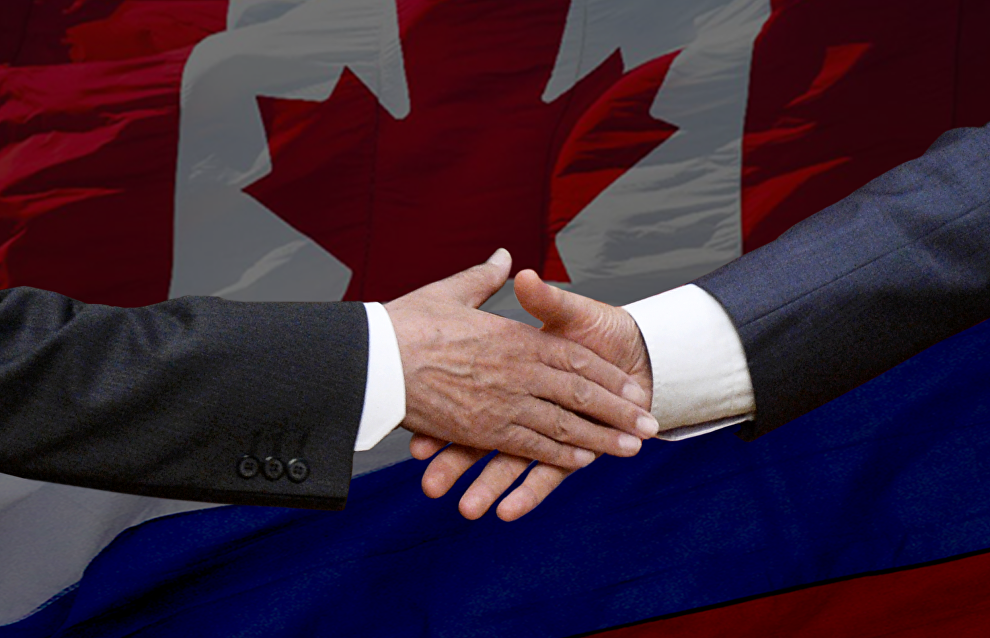Russia backs Canada’s involvement in Arctic development projects
The Russian Ministry for the Development of the Far East and the Arctic supports Canada’s active involvement in projects in the Russian Arctic’s economic preferential zone.
“We are observing that there’s growing interest of business circles in the Arctic, and we are happy to suggest that our Canadian partners become more active in Arctic region projects where we have now created the world’s largest preferential zone,” Olga Smirnova, Adviser to the Minister for the Development of the Far East and the Arctic, told participants at an international conference on Russian-Canadian cooperation in the Arctic at federal and regional levels.
In all, 74 companies have received resident status in the Arctic zone, and over 188 billion rubles’ worth of private investment have been committed, Smirnova noted. There are plans to create over 5,000 new jobs there.
Alexander Darchiyev, Director of the Russian Foreign Ministry’s Department of North America, also spoke at the event. In his video address, he said Russia and Canada should coordinate their economic and investment activities in the Arctic region, despite their current political disagreements.
“We hope to conduct well-coordinated work with our Canadian colleagues, while implementing large-scale tasks of preserving the fragile environment, customs and traditions of the indigenous peoples on a par with a responsible approach towards promoting economic and investment activities in the Arctic,” he said.
Russia and Canada have accumulated invaluable experience regarding facilitating normal work in the high northern latitudes, Darchiyev added. He recalled Russia’s Northern Sea Route which is becoming ever more important as the shortest route between Asia and Europe.
Addressing conference participants, Olga Smirnova, Adviser to the Minister for the Development of the Far East and the Arctic, noted that the Northern Sea Route would be far more environmentally friendlier than the southern transport routes because Russia prioritizes environmentally safe freight shipments during the Arctic route’s development, and ships that are using safer fuels.
“We now unconditionally prioritize environmentally friendly freight traffic via the Northern Sea Route and therefore focus on ships using new types of fuel. We are convinced that this approach will make the Northern Sea Route an environmentally friendlier and cleaner freight transshipment line, compared to southern routes,” Smirnova said.
Smirnova also believes that Russia should turn this Arctic route into an international transport corridor with several port hubs for freight transshipments and all-year-round navigation.
“At present we are studying the possibility of launching a regular line for Russian container carriers between Murmansk and Sakhalin,” she added.
